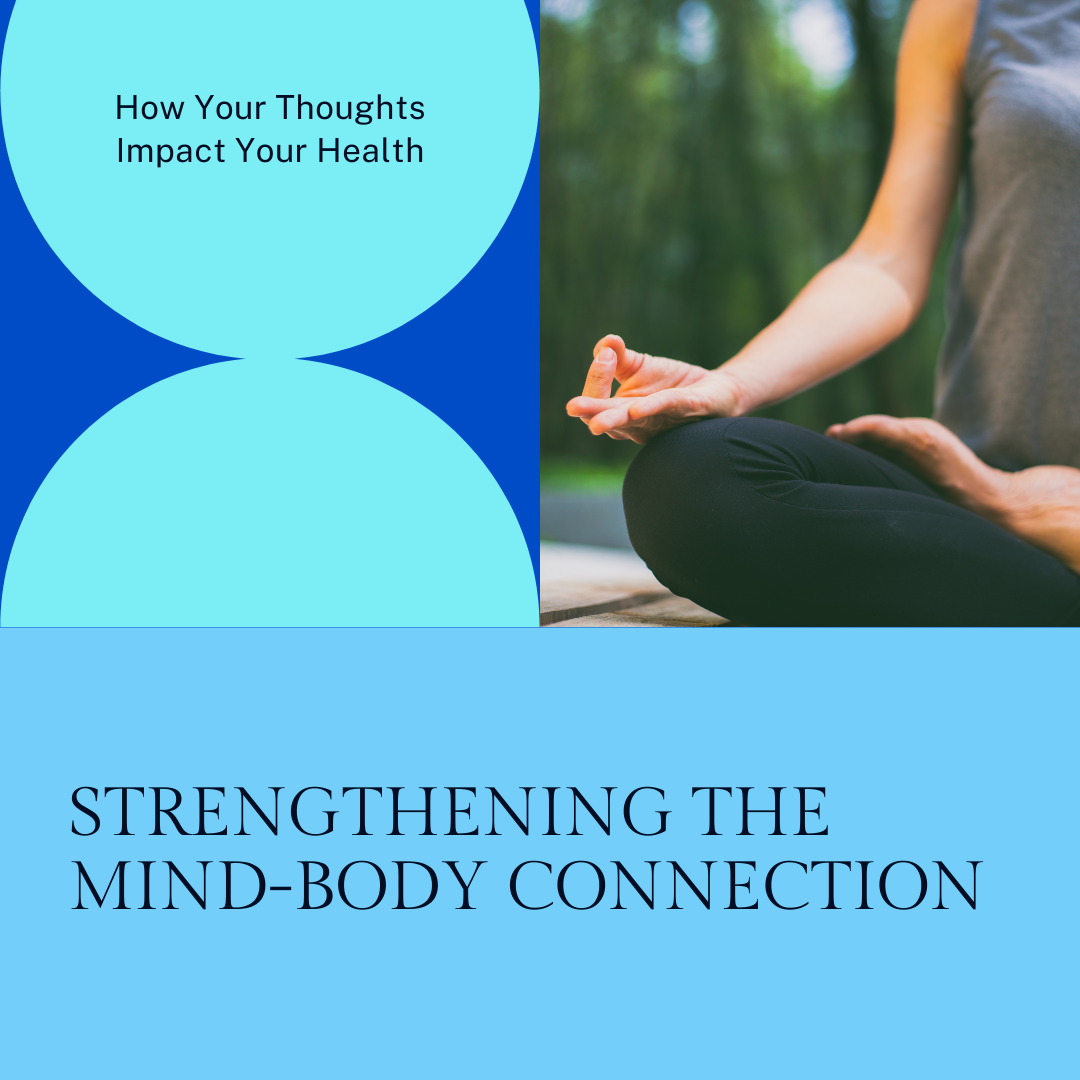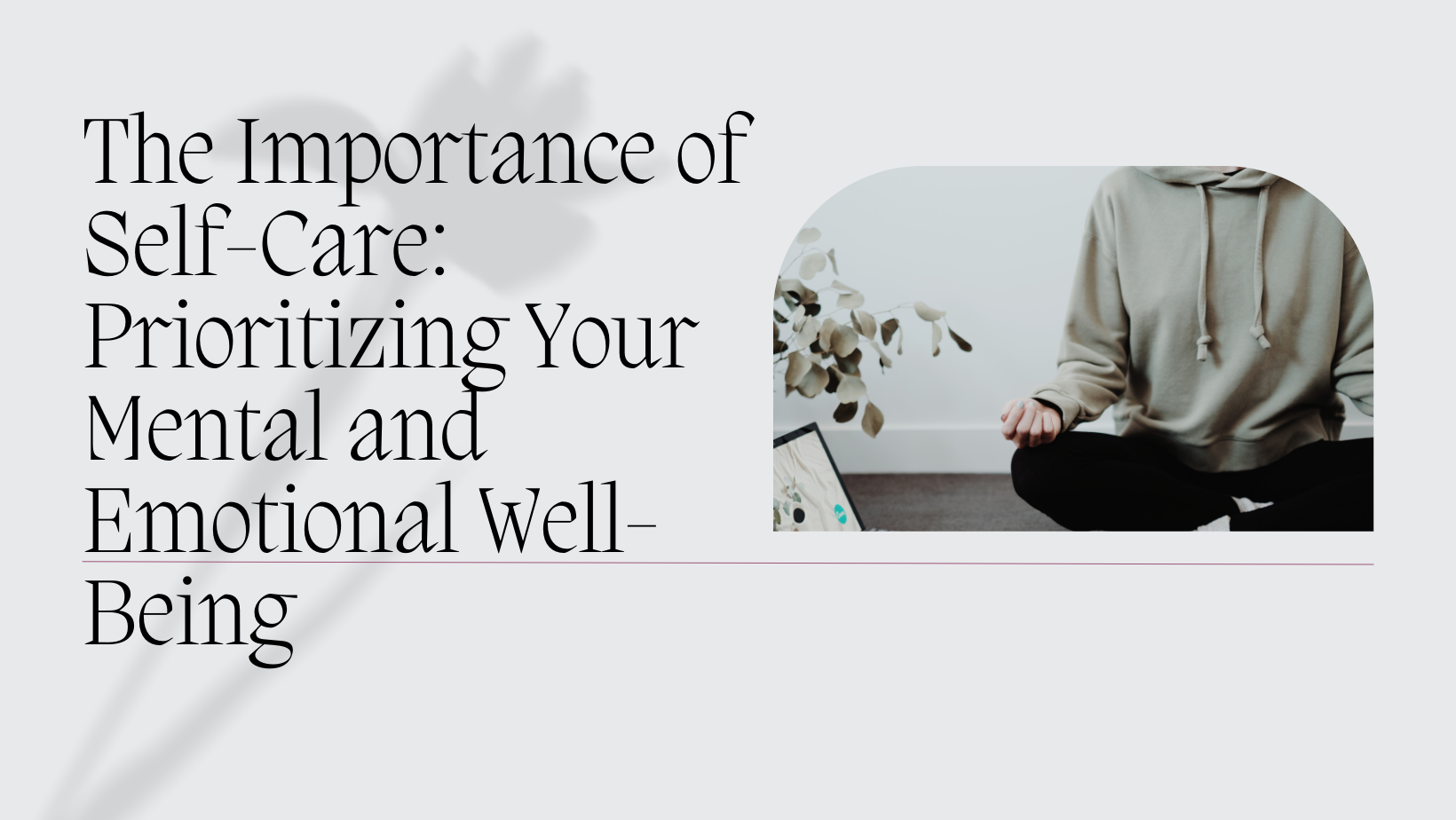Understanding the Mind-Body Connection
To comprehend the mind-body connection, it’s essential to recognize that our bodies and minds are not separate entities but are intricately intertwined. What happens in one can significantly affect the other. Let’s explore some key aspects of this connection:
Stress and Its Physical Toll: Stress is a common mental state experienced by most people at various points in life. When we’re stressed, our bodies release hormones like cortisol, which can have detrimental effects on our physical health. Prolonged stress can lead to high blood pressure, weakened immune function, and even chronic conditions like heart disease and diabetes.
Positive Thoughts and Healing: On the flip side, positive thoughts, optimism, and a hopeful outlook on life can promote healing and enhance physical well-being. Studies have shown that patients with a positive attitude often recover faster from surgeries and illnesses compared to those with a negative mindset.
The Placebo Effect: The placebo effect is a phenomenon where a person experiences improvements in their health after receiving a treatment that has no active ingredients simply because they believe it will work. This demonstrates the power of the mind in influencing physical outcomes.
Mindfulness and Pain Management: Mindfulness practices, such as meditation and deep breathing exercises, have been shown to reduce pain perception and improve overall physical health. These techniques can help individuals manage chronic pain conditions more effectively.
Emotions and Immune System: Emotions like anger, sadness, and chronic negative feelings can weaken the immune system, making individuals more susceptible to infections and illnesses. Positive emotions, on the other hand, can boost immune function and help the body fight off diseases.
Tips for Maintaining a Healthy Mindset
Now that we’ve established the profound link between our thoughts and physical health, let’s explore some practical tips for nurturing a healthy mindset:
Practice Stress Management: Incorporate stress-reduction techniques into your daily routine. This can include meditation, yoga, deep breathing exercises, or simply taking short breaks to relax and clear your mind.
Cultivate Optimism: Foster a positive outlook on life. Focus on the good things that happen, practice gratitude, and surround yourself with positive influences.
Stay Connected: Social connections are crucial for mental and physical health. Nurture relationships with friends and family, as they provide emotional support and a sense of belonging.
Maintain a Healthy Lifestyle: Regular exercise, a balanced diet, and adequate sleep are essential for both mental and physical well-being. These habits contribute to the release of feel-good chemicals in the brain and support overall health.
Seek Professional Help: If you’re struggling with chronic stress, anxiety, depression, or any mental health issues, don’t hesitate to seek help from a mental health professional. Therapy and counseling can provide valuable tools for managing your thoughts and emotions.
Practice Mindfulness: Incorporate mindfulness practices into your daily routine. Even just a few minutes of meditation or mindfulness exercises can have a positive impact on your mental and physical health.
Set Realistic Goals: Set achievable goals for yourself, both in terms of your mental and physical health. Celebrate your successes, no matter how small, and use them as motivation to continue on your path to well-being.
Conclusion
The mind-body connection is a powerful and real phenomenon that underscores the importance of maintaining a healthy mindset for overall physical well-being. By recognizing the influence our thoughts and emotions have on our bodies, we can take proactive steps to nurture a positive mental state and improve our health. Whether through stress management, optimism, mindfulness, or seeking professional help, there are numerous strategies at our disposal to foster this crucial connection and lead healthier, happier lives. Remember, your thoughts are not just in your head; they have the power to shape your entire life, from your mental state to your physical health.



